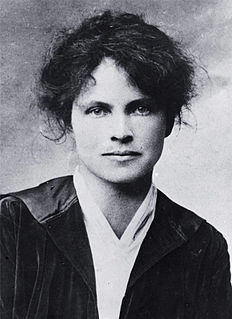A Quote by Konrad Lorenz
Evil, by definition, is that which endangers the good, and the good is what we perceive as a value.
Related Quotes
When anything is in the presence of evil, but is not as yet evil, the presence of good arouses the desire of good in that thing; but the presence of evil, which makes a thing evil, takes away the desire and friendship of the good; for that which was once both good and evil has now become evil only, and the good has no friendship with evil.
Evil is easily discovered; there is an infinite variety; good is almost unique. But some kinds of evil are almost as difficult to discover as that which we call good; and often particular evil of this class passes for good. It needs even a certain greatness of soul to attain to this, as to that which is good.
When one has once accepted and absorbed Evil, it no longer demands the unfitness of the means. The ulterior motives with which youabsorb and assimilate Evil are not your own but those of Evil.... Evil is whatever distracts. Evil knows of the Good, but Good does not know of Evil. Knowledge of oneself is something only Evil has. One means that Evil has is the dialogue.... One cannot pay Evil in installments--and one always keeps on trying to.
This is a world of good and evil. Wherever there is good, evil follows, but beyond and behind all these manifestations, all these contradictions, the Vedanta finds out that Unity. It says, "Give up what is evil and give up what is good." What remains then? Behind good and evil stands something which is yours, the real you, beyond every evil, and beyond every good too, and it is that which is manifesting itself as good and bad. Know that first, and then and then alone you will be a true optimist, and not before; for then you will be able to control everything.
In the story of the Creation we read: ". . . And behold, it was very good." But, in the passage where Moses reproves Israel, the verse says: "See, I have set before thee this day life and good, and death and evil." Where did the evil come from? Evil too is good. It is the lowest rung of perfect goodness. If you do good deeds, even evil will become good; but if you sin, evil will really become evil.
Ethics occupies a central place in philosophy because it is concerned with sin, with the origin of good and evil and with moral valuations. And since these problems have a universal significance, the sphere of ethics is wider than is generally supposed. It deals with meaning and value and its province is the world in which the distinction between good and evil is drawn, evaluations are made and meaning is sought.



































